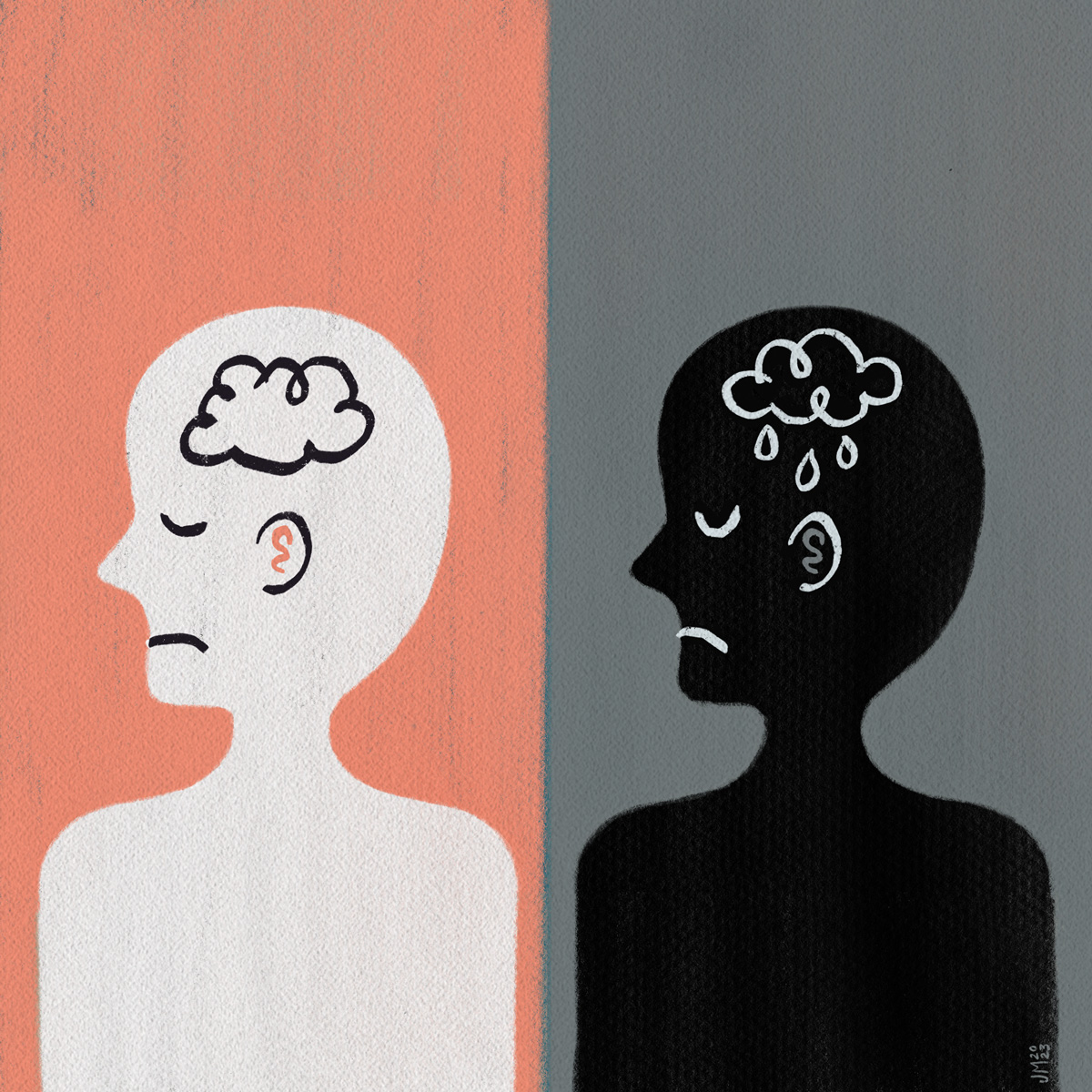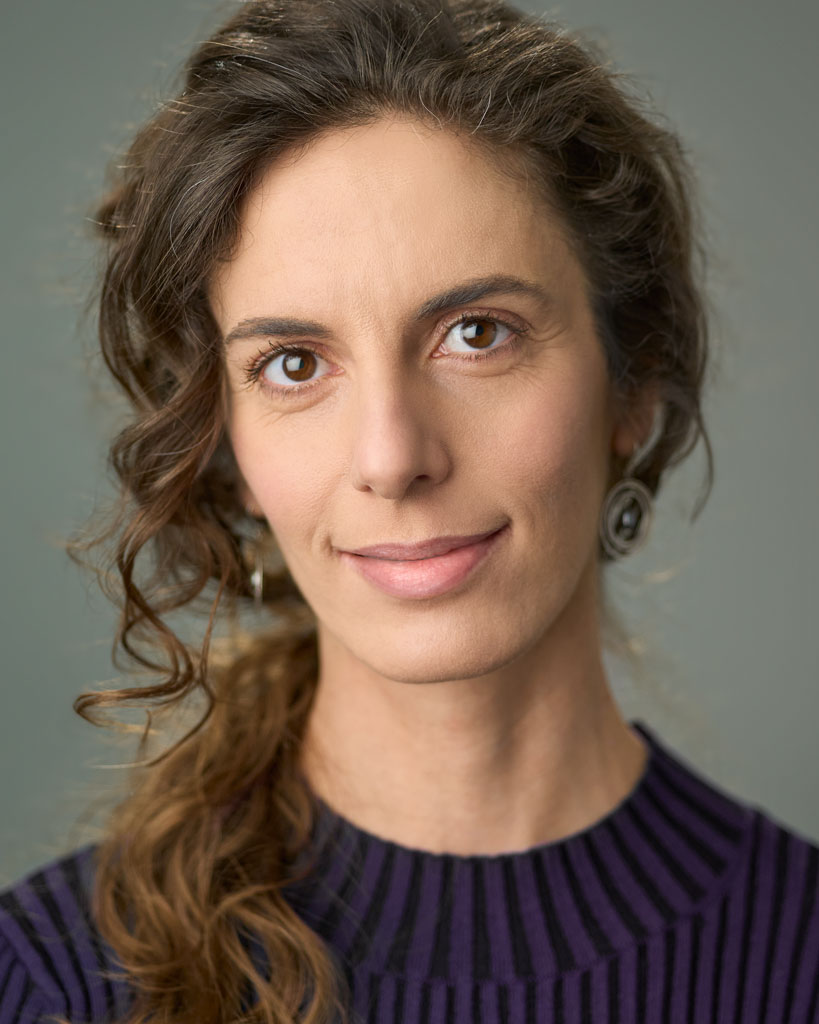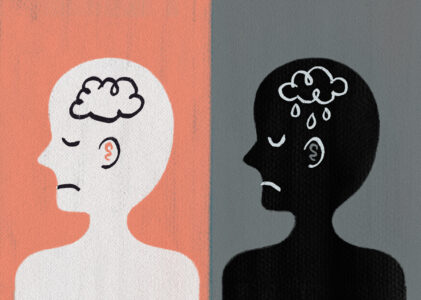Learn to spot the difference so you can embrace sad moods but seek help if they turn into depression.
In our race to “hack” happiness and achieve Insta-worthy levels of joy and fulfillment, we sometimes forget the virtues of sadness. Conversely, we often downplay the negative consequences of depression.
TL;DR – it’s good and healthy to feel sad sometimes but depression is harmful and requires treatment. Read on to learn the difference.

What is sadness?
Sadness is a healthy response to disappointment and loss. It’s an alert that says, “Hey, this is important! We need you to do something here.” It highlights the things that really matter to you such as your values, goals, capacity to love and connection to other people.
In some cases, feelings of sadness illuminate the fact that a relationship, job or other situation isn’t working. It’s often scary to make big changes, but sadness can motivate you to face your fear and guide you toward more satisfying choices.
While sadness may seem passive, evidence suggests that characteristic behaviors of sadness like rumination and social withdrawal actually help people rebuild their goals and beliefs when they lose something meaningful [1]. These behaviors may also give people space to process complicated or intense emotions.
How to process feelings of sadness
Many of us feel uncomfortable with sadness. We might try to push it down or distract ourselves from it. However, this doesn’t make it go away. As the saying goes, the only way out is through.
Sit with compassion and patience as you work through your feelings. Allow yourself to feel sad. Don’t struggle against it or try to pretend it isn’t there. You might find that journaling about your feelings or talking aloud helps you move through them more quickly.
Ask yourself:
- What am I feeling?
- Where do I feel it in my body?
- What prompted me to feel this way? Did someone say or do something that triggered it?
- If something happened, what does it mean to me or about me?
- What do I need right now?
When you feel ready to take a break or move on, you might take a walk, call a friend, watch a movie or engage in some other pleasant activity to give your mind a rest.
What’s the difference between sadness and depression?
Sadness fades with time and doesn’t significantly interfere with your ability to work or take care of yourself. Clinical depression, on the other hand, is a serious condition that lasts for two weeks or longer, involves numerous symptoms, and significantly affects your daily functioning. If you’re depressed, you may:
- Struggle to care for yourself or others
- Have trouble getting to work or taking care of your responsibilities
- Withdraw from friends or loved ones
- Feel sad, down or in a bad mood most of the time
- Feel uninterested in favorite activities or feel unmotivated, bored, or like you’re just “going through the motions”
- Experience appetite or weight changes
- Sleep too little or too much
- Fidget, pace or seem very slowed down (as if in slow motion)
- Have low energy or fatigue
- Have body aches, weakness, and other physical symptoms*
- Feel worthless or excessively guilty, focus on past failures
- Have trouble concentrating or making simple decisions, forgetful
- Have thoughts of death or suicide
Next Steps
Unlike sadness, clinical depression is unlikely to go away on its own and often requires treatment. Untreated depression damages the things that matter most: relationships, quality of life, productivity, and physical health.
If you suspect that you or someone you love struggles with symptoms of depression, call your doctor or contact Athena Care, for mental health care in Tennessee.
One of our Care Coordinators will help you get the care you need.

Rachel Swan, MS
Editor
Rachel has a Masters of Science in Clinical Psychology from Vanderbilt University, where she spent 16 years as a Research Analyst in the Psychology and Human Development Department.


